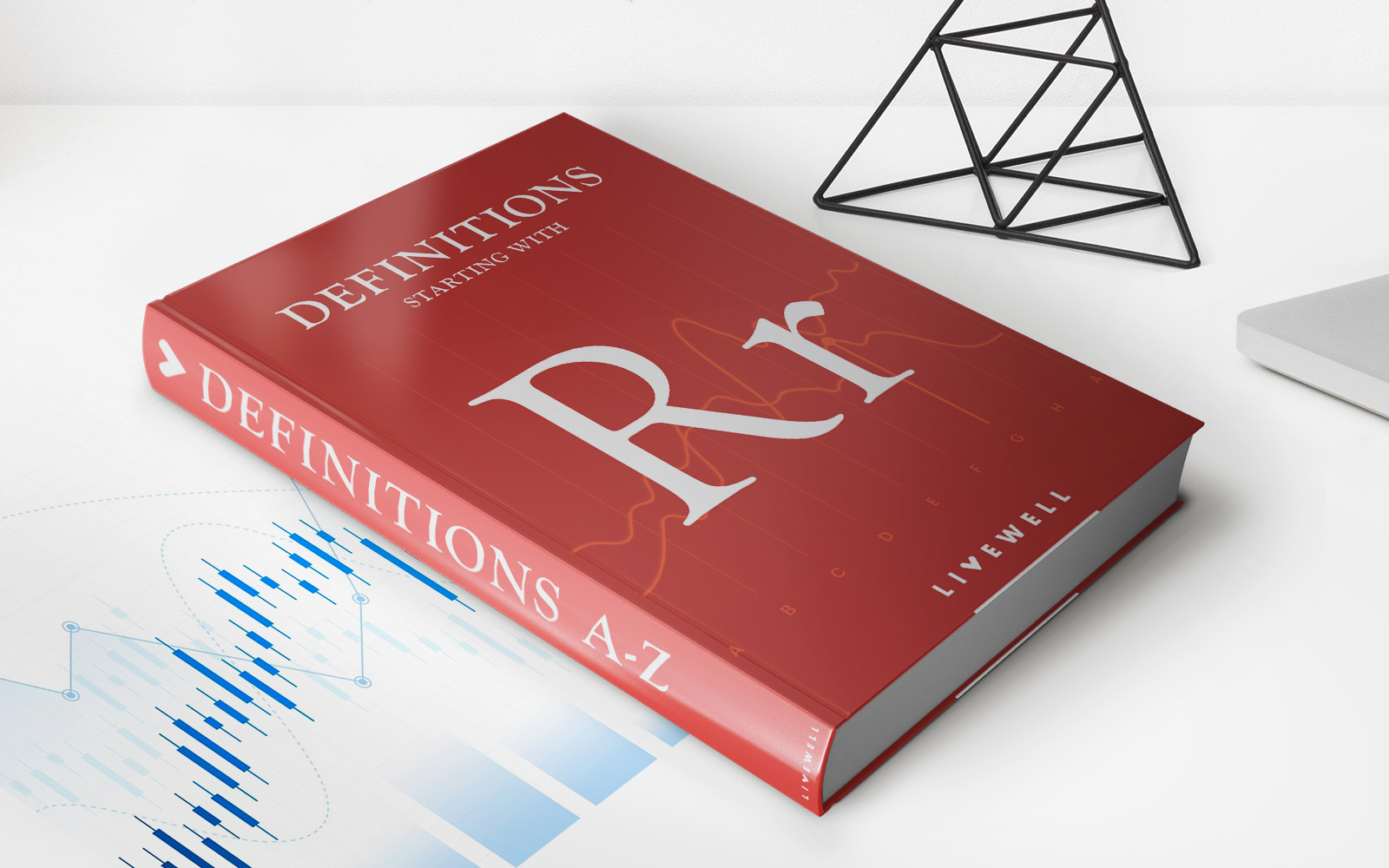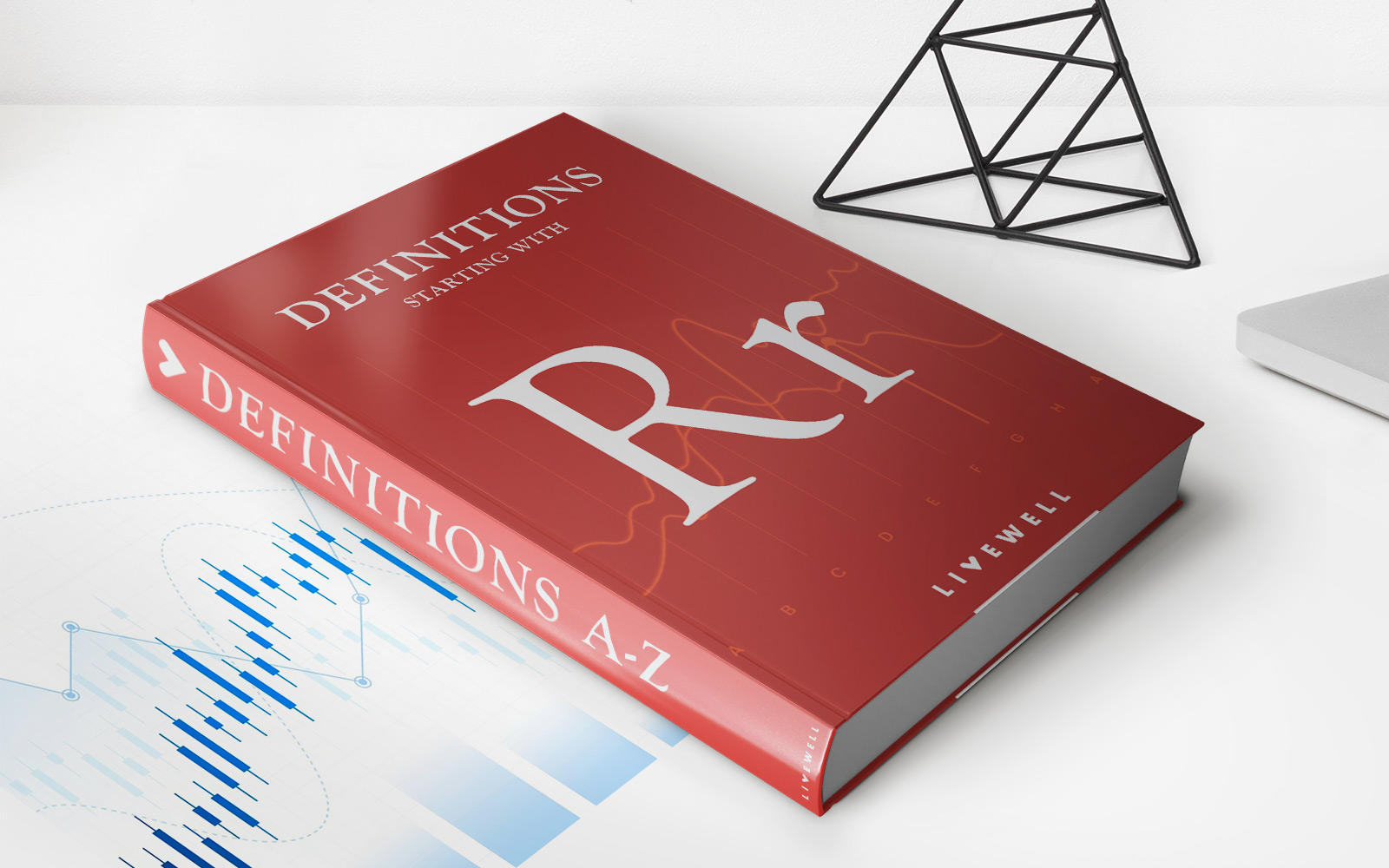Home>Finance>What Credit Limit Can I Get With A 750 Credit Score


Finance
What Credit Limit Can I Get With A 750 Credit Score
Published: March 5, 2024
Find out what credit limit you can get with a 750 credit score and how it impacts your finances. Explore the potential financial opportunities with a strong credit score.
(Many of the links in this article redirect to a specific reviewed product. Your purchase of these products through affiliate links helps to generate commission for LiveWell, at no extra cost. Learn more)
Table of Contents
Introduction
Welcome to the world of credit scores and credit limits! If you’ve ever wondered about the relationship between your credit score and the credit limit you can secure, you’re in the right place. Your credit score plays a pivotal role in determining the amount of credit a lender may extend to you. In this article, we’ll delve into the specifics of what credit limit you can expect with a 750 credit score, shedding light on the factors influencing this crucial financial metric.
Understanding the dynamics of credit scores and credit limits is essential for anyone looking to navigate the realm of personal finance. Whether you’re planning to apply for a new credit card, seeking a higher credit limit on an existing account, or aiming to enhance your overall financial standing, comprehending the nuances of credit scores and their impact on credit limits is paramount.
By the end of this article, you’ll have a comprehensive understanding of the credit limit range associated with a 750 credit score, as well as valuable insights into how you can work towards increasing your credit limit. So, let’s embark on this enlightening journey through the intertwined realms of credit scores and credit limits, empowering you to make informed financial decisions and take control of your creditworthiness.
Understanding Credit Scores
Credit scores are numerical representations of an individual’s creditworthiness, serving as a crucial metric for lenders to assess the risk of extending credit. These scores are generated based on various factors such as payment history, credit utilization, length of credit history, new credit accounts, and the types of credit used. The most widely used credit scoring models, such as FICO® Scores and VantageScore®, range from 300 to 850, with higher scores indicating lower credit risk.
It’s important to note that different lenders may use different scoring models, which can result in slight variations in the scores. A credit score of 750 is considered excellent and reflects a history of responsible credit management, making individuals with this score highly appealing to lenders.
Understanding the components that contribute to your credit score is essential for maintaining and improving your creditworthiness. Regularly monitoring your credit report and score, addressing any errors or discrepancies, and practicing healthy credit habits can significantly impact your credit score over time.
By comprehending the intricacies of credit scoring, individuals can make informed decisions to bolster their financial standing, secure favorable interest rates, and gain access to higher credit limits, all of which are pivotal for achieving long-term financial stability.
Importance of Credit Limits
Credit limits play a pivotal role in an individual’s financial life, influencing their purchasing power, credit utilization ratio, and overall creditworthiness. Essentially, a credit limit represents the maximum amount of credit that a lender is willing to extend to a borrower. It serves as a fundamental parameter in managing one’s finances and impacts various aspects of their economic well-being.
One of the key aspects of credit limits is their influence on credit utilization, which is the ratio of the amount of credit used to the total credit available. Maintaining a low credit utilization ratio, typically below 30%, is crucial for demonstrating responsible credit management and positively impacting one’s credit score. A higher credit limit provides individuals with more flexibility to manage their expenses while keeping their credit utilization in check, thus contributing to a healthier credit profile.
Moreover, credit limits can significantly impact an individual’s ability to make essential purchases, handle unforeseen expenses, and manage cash flow. Whether it’s covering emergency medical bills, addressing home repairs, or making significant investments, having an adequate credit limit can serve as a valuable financial safety net.
Furthermore, a higher credit limit can enhance one’s financial flexibility and provide access to premium credit card perks, such as travel rewards, cashback incentives, and various consumer protections. This can translate into tangible financial benefits and savings over time, making a higher credit limit an asset for prudent financial management.
Understanding the importance of credit limits empowers individuals to make informed decisions regarding their credit applications, utilization strategies, and overall financial planning. By leveraging credit limits wisely, individuals can optimize their financial resources, strengthen their credit standing, and pave the way for a more secure and prosperous financial future.
Factors Affecting Credit Limits
When it comes to determining credit limits, several key factors come into play, influencing the amount of credit that lenders are willing to extend to individuals. Understanding these factors is crucial for individuals seeking to comprehend the rationale behind credit limit decisions and how they can potentially influence these determinants to secure higher credit limits.
- Credit Score: A major determinant of credit limits is the applicant’s credit score. Lenders typically view higher credit scores as indicative of responsible credit management, thus making individuals with excellent credit scores more eligible for higher credit limits.
- Income and Employment Status: Lenders assess an individual’s income and employment status to gauge their ability to repay debts. A stable income and secure employment can positively impact the credit limit offered, as it signifies a lower risk for the lender.
- Credit History: A robust credit history, characterized by a consistent record of on-time payments and responsible credit utilization, can contribute to favorable credit limit decisions. Lenders often favor individuals with a proven track record of managing credit responsibly.
- Debt-to-Income Ratio: The ratio of an individual’s monthly debt payments to their income is a critical factor in credit limit determinations. A lower debt-to-income ratio indicates a healthier financial position and may lead to more generous credit limits.
- Existing Credit Accounts: The total credit available to an individual across their existing credit accounts, including credit cards and lines of credit, can influence the credit limits offered on new accounts. Lenders consider the overall credit exposure when making credit limit decisions.
By comprehending these influential factors, individuals can take proactive steps to strengthen their financial profile, thereby enhancing their eligibility for higher credit limits. This may involve maintaining a healthy credit score, managing debts prudently, and demonstrating a consistent pattern of responsible financial behavior. Ultimately, a comprehensive understanding of the factors affecting credit limits empowers individuals to navigate the credit landscape strategically, positioning themselves for favorable credit limit determinations.
Credit Limit Range for a 750 Credit Score
With a credit score of 750, individuals typically fall into the category of prime borrowers, enjoying access to competitive interest rates and favorable credit terms. This excellent credit score reflects a history of responsible credit management, which can positively influence the credit limits extended by lenders.
For individuals with a credit score of 750, credit card issuers and lenders are likely to offer substantial credit limits, often ranging from $5,000 to $20,000 or more, depending on various factors such as income, employment status, and existing financial obligations. It’s important to note that these figures are approximate and can vary based on individual circumstances and the specific policies of the lending institutions.
Moreover, individuals with a credit score of 750 may qualify for premium credit cards that provide higher credit limits and exclusive perks, such as travel rewards, cashback incentives, and concierge services. These premium cards are tailored for individuals with excellent credit profiles and often come with elevated credit limits that cater to their financial needs and lifestyle preferences.
While a 750 credit score positions individuals favorably for substantial credit limits, it’s essential to approach credit utilization responsibly. Maintaining a low credit utilization ratio, ideally below 30%, is crucial for preserving a healthy credit score and maximizing the benefits of the available credit limits.
By understanding the credit limit range associated with a 750 credit score, individuals can make informed decisions when applying for credit, evaluating their financial needs, and leveraging their creditworthiness to access favorable credit terms and higher credit limits. This knowledge empowers individuals to navigate the credit landscape with confidence, leveraging their excellent credit score to secure the credit limits that align with their financial goals and aspirations.
Tips to Increase Your Credit Limit
Increasing your credit limit can provide financial flexibility and enhance your overall credit profile, but it’s essential to approach this endeavor strategically. Here are some valuable tips to help you bolster your chances of securing a higher credit limit:
- Maintain a Healthy Credit Score: Consistently managing your credit responsibly and maintaining a strong credit score can position you favorably for higher credit limits. Timely payments, prudent credit utilization, and a positive credit history are instrumental in demonstrating your creditworthiness.
- Engage in Responsible Credit Utilization: Keeping your credit utilization ratio low, ideally below 30%, showcases prudent financial management and can signal to lenders that you are capable of handling higher credit limits responsibly.
- Regularly Review and Update Your Income Information: Providing accurate and updated income information to your credit card issuer can potentially enhance your eligibility for a higher credit limit, as it demonstrates your capacity to manage increased credit responsibly.
- Request a Credit Limit Increase: Contact your credit card issuer and inquire about the possibility of a credit limit increase. Highlight your positive payment history, creditworthiness, and responsible credit management to support your request.
- Consider Multiple Credit Cards: Diversifying your credit portfolio by responsibly managing multiple credit cards can demonstrate your ability to handle higher credit limits across various accounts, potentially strengthening your case for a credit limit increase.
- Monitor Your Credit Report: Regularly review your credit report for accuracy and address any discrepancies promptly. A clean credit report reflects positively on your creditworthiness and can bolster your case for a credit limit increase.
By implementing these proactive strategies, you can enhance your prospects of securing a higher credit limit, thereby expanding your financial flexibility and strengthening your overall credit standing. It’s important to approach credit limit increases judiciously, ensuring that you can effectively manage the additional credit while maintaining healthy financial habits.
Conclusion
Understanding the correlation between credit scores and credit limits is paramount for individuals navigating the intricacies of personal finance. With a credit score of 750, individuals are positioned as prime borrowers, enjoying access to competitive credit terms and substantial credit limits. This excellent credit score reflects a history of responsible credit management and opens doors to a myriad of financial opportunities.
Credit limits play a pivotal role in shaping an individual’s financial landscape, influencing their purchasing power, credit utilization, and overall creditworthiness. By comprehending the factors affecting credit limits and the credit limit range associated with a 750 credit score, individuals can make informed decisions when seeking new credit or aiming to increase their existing credit limits.
Moreover, by leveraging strategic tips to enhance their credit limit eligibility, individuals can work towards securing higher credit limits, thereby expanding their financial flexibility and strengthening their credit profiles. It’s crucial to approach credit limit increases judiciously, ensuring that the additional credit aligns with one’s financial goals and can be managed responsibly.
Ultimately, a comprehensive understanding of credit scores, credit limits, and prudent credit management empowers individuals to make informed financial decisions, optimize their creditworthiness, and pave the way for a secure and prosperous financial future. By leveraging their excellent credit score and implementing sound financial strategies, individuals can navigate the credit landscape with confidence, securing favorable credit terms and harnessing the benefits of higher credit limits to achieve their financial aspirations.














